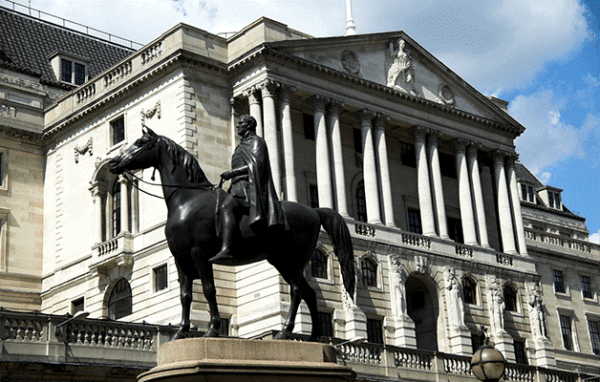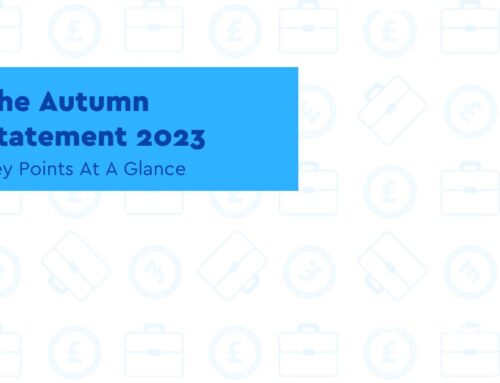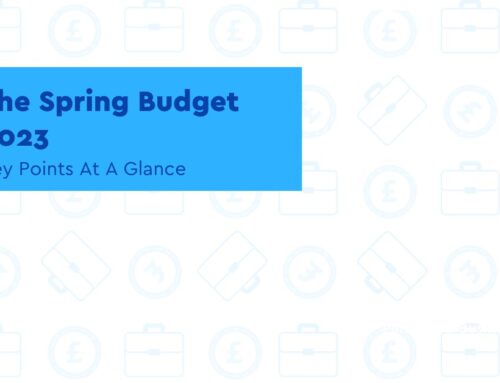November 6, 2020
Welcome to our weekly wrap. This week we’ve rounded up the latest news and business insights, including a summary of the Chancellor’s announcements for businesses and the self-employed, Covid-19 funding updates, payment holidays and more.
Furlough scheme extended until March
The Furlough scheme will be extended until the end of March, with employees to continue to receive 80% of their usual salary for hours not worked, up to £2,500 a month.
There are currently no employer contributions to wages for hours not worked – all employers will have to pay for the hours not worked is the cost of National Insurance and Pension Contributions.
The policy will be reviewed in January to decide whether economic circumstances are improving enough to ask employers to contribute more.
As the Furlough Scheme is being extended to the end of March 2021, the £1,000 Job Retention Bonus, designed to incentivise employers to keep workers on the payroll until the end of January, will fall away.
Business support at a glance:

The Chancellor’s updates included SEISS, business loans and mortgage holidays
Self-employed Income Support Scheme
The overall level of the self-employed grant will increase to 80% of 3 months trading profits, covering November to January for all parts of the UK. The grant will be paid out in a single instalment and capped at £7,500.
The second grant will still cover a three-month period from the start of February until the end of April 2021, with the government to review the level of the second grant and set this in due course.
Emergency business loans
More businesses will be able to access additional support as deadlines for applications for government-backed loan schemes and the Future Fund have been further extended until January 31, 2021.
UK firms will now have until the end of January to apply for emergency business loans, including bounce back loans (BBLS), coronavirus business interruption loans (CBILS) and the CLBILS scheme for larger firms.
This announcement also includes an adjustment of the Bounce Back Loan Scheme rules to allow those businesses who have borrowed less than their maximum (i.e. less than 25% of their turnover) to top-up their existing loan.
Businesses will be able to take-up this option from next week; they can make use of this option once to ensure that they are able to benefit from the loan scheme as intended.
Mortgage payment extensions
Borrowers who have been impacted by coronavirus and have not yet had a mortgage payment holiday will be entitled to a six month holiday, with the The Financial Conduct Authority (FCA) instructing banks to extend to that period even with the lockdown in England due to be reviewed on December 2.
The FCA also revealed those who have resumed repayments after an initial payment deferral will be eligible to extend that deferral up to the maximum half-year period without this being recorded on their credit file.
The FCA has also proposed to extend payment deferrals and other support to personal loans, credit cards, motor finance, rent-to-own, buy-now-pay-later and pawnbroking customers who are experiencing payment difficulties because of coronavirus.
Bank of England injects £150bn into UK economy

The Bank of England will pump an extra £150bn into the economy
The Bank of England (BoE) has announced it will put an extra £150bn into the UK economy as England begins a second lockdown.
In its latest report on the UK’s economic outlook, the Bank’s monetary policy committee (MPC) warned there are signs that consumer spending has softened across a range of high-frequency indicators, while investment intentions have ‘remained weak’.
The Bank revealed that the MPC agreed to print an extra £150bn, which will extend its asset purchase scheme to £875bn.
The BoE expects GDP to decline in the final few months of the year, before picking up alongside household spending in Q1 2021, as restrictions loosen. The MPC kept interest rates on hold at 0.1%.
UK-wide support
Chancellor Rishi Sunak confirmed that the upfront guaranteed funding for the devolved administrations is increasing from £14bn to £16bn, while the extension of CJRS, SEISS grants, loans and mortgage holidays are all UK-wide.
This means the 80% furlough scheme will continue beyond December 2 in any area of the UK that faces the equivalent of England’s Tier 3 restrictions. The Chancellor had been urged to extend the guarantee to the devolved nations if they go into lockdown at a later date.
Meanwhile, more than £9m of UK Government funding will be awarded to 85 pioneering projects in Scotland to scale up and protect their innovations from the impact of the coronavirus pandemic, while helping to power up the UK’s green economic recovery.
The £9.26m funding is part of a wider £134m UK Government package enabling 1,069 ground-breaking clean growth projects to develop new technologies, secure and create new jobs, drive productivity and tackle climate change.
New measures and a £112m investment will also support Scotland’s social care sector over winter.
The Adult Social Care Winter Preparedness Plan will support social care users in residential, community and home settings in planning for the demands of winter alongside the ongoing challenges of coronavirus, plus the people who provide that care, including unpaid carers.
Economic Resilience Fund extended to help Welsh businesses through coronavirus
Further funding has been set aside for another round of grants as part of a fourth phase of the Economic Resilience Fund (ERF).
The £300m third part of the ERF was released last month but closed just over 24 hours after launching after nearly 6,000 applications.
Details on phase four will be made available in the coming weeks to help businesses to prepare for a post-Covid future during the UK exit transition period.







